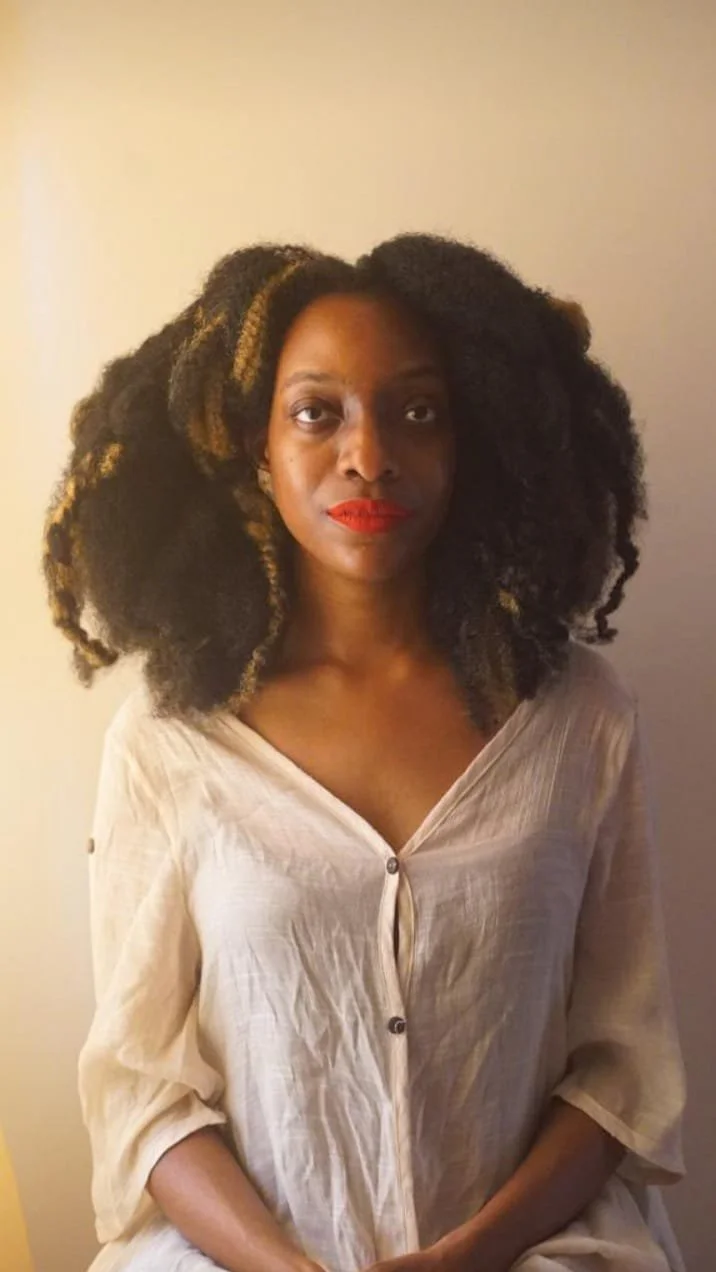A Case for Faith, Itoro Bassey on the Title of her Debut Novel
"Is this a Christian novel?" That’s the first thing most people ask when reading the title. Depending on where people fall, some will show relief while others show disappointment when I tell them, nah, but both parties always ask, "So why faith?"
Depending on one's history with this word, it triggers a memory. Perhaps a religious one, where they remember the voice of a preacher that was breaking down this word for a congregation yearning to make sense of an existence that can feel so relentless at times, maybe he spoke of faith to soothe some broken hearts. Or it can make one think of all those feel-good insta-quotes on the gram. Those quotes saying, “keep your head up.” It’s the kind of post you save in your archive to look back at something inspirational when the time is right.
The word faith is a word identifiable with the human experience. We employ this word more than we recognize. We somehow know that more likely than not, we’ll wake up in the morning, the sun will shine, the grass will grow, and it’s not our business to figure out how it gets done. We rest easy in this knowing. When the covid pandemic struck, we had to believe that a cure for the deadly virus that shook life as we knew it would be found, and we had to believe this because our lives depended on it.
So…why faith?
Well…why not faith?
It’s a word that’s deeply relatable and yet mysterious in how it plays out because as humans there’s only so much we can know about a given thing at a given time. And so, we the readers get to see how the fictional character, Arit Essien, deals with faith as she navigates all that has been thrown on her lap…generational trauma, an ancestor who keeps talking to her (without her consent), being Black African in America, being a single woman in Nigeria, being a single woman in general, having to deal with religious fundamentalism, acknowledging the intrinsic goodness in humanity, confronting the evil in humanity, and her hope that despite these conundrums, life is still worth living. And when Arit begins her story by saying, “I’ve got an ancestor on my back…” she’s not joking. She’s telling you that she’s carrying a load, that clutching to faith has come at a cost, and that she is not only standing as an individual accounting for herself, but she’s accounting for a whole damn legacy that is reckoning with why they keep trusting in that which has yet to be seen when it would be easier to call it quits.
So yes, the novel is an attempt to commiserate with this word and make sense of how it has made its mark on the human psyche. Humans are resilient. We are built to hold on to our lives, and nine times out of ten, if faced with the decision, many of us will opt to keep persisting. And if we look at the many tragedies that humanity has endured…chattel slavery, the Holocaust, the genocide of Indigenous peoples, starvation, the burning of women (literally, we were burnt to death), colonization, all the wars, and the list goes on, well…if not faith, then what?
And besides, I couldn’t think of another title, so faith will have to do.
Itoro Bassey is a Nigerian-American writer, journalist, and storyteller. She was born in Houston, Texas, and raised in New England. Her fellowships include the Vermont Studio Center, the San Francisco Writers Grotto, and The Edward Albee Foundation. Her work can be found in many publications, including, Prairie Schooner, Saraba Magazine, Red Hen Press, and Meridians: transnationalism, race, and feminism. She currently has a play, Unapologetically Black, in production, and is a correspondent and producer for Arise TV, the largest media house in Africa. Her debut novel, Faith, is out now from Malarkey Books.
